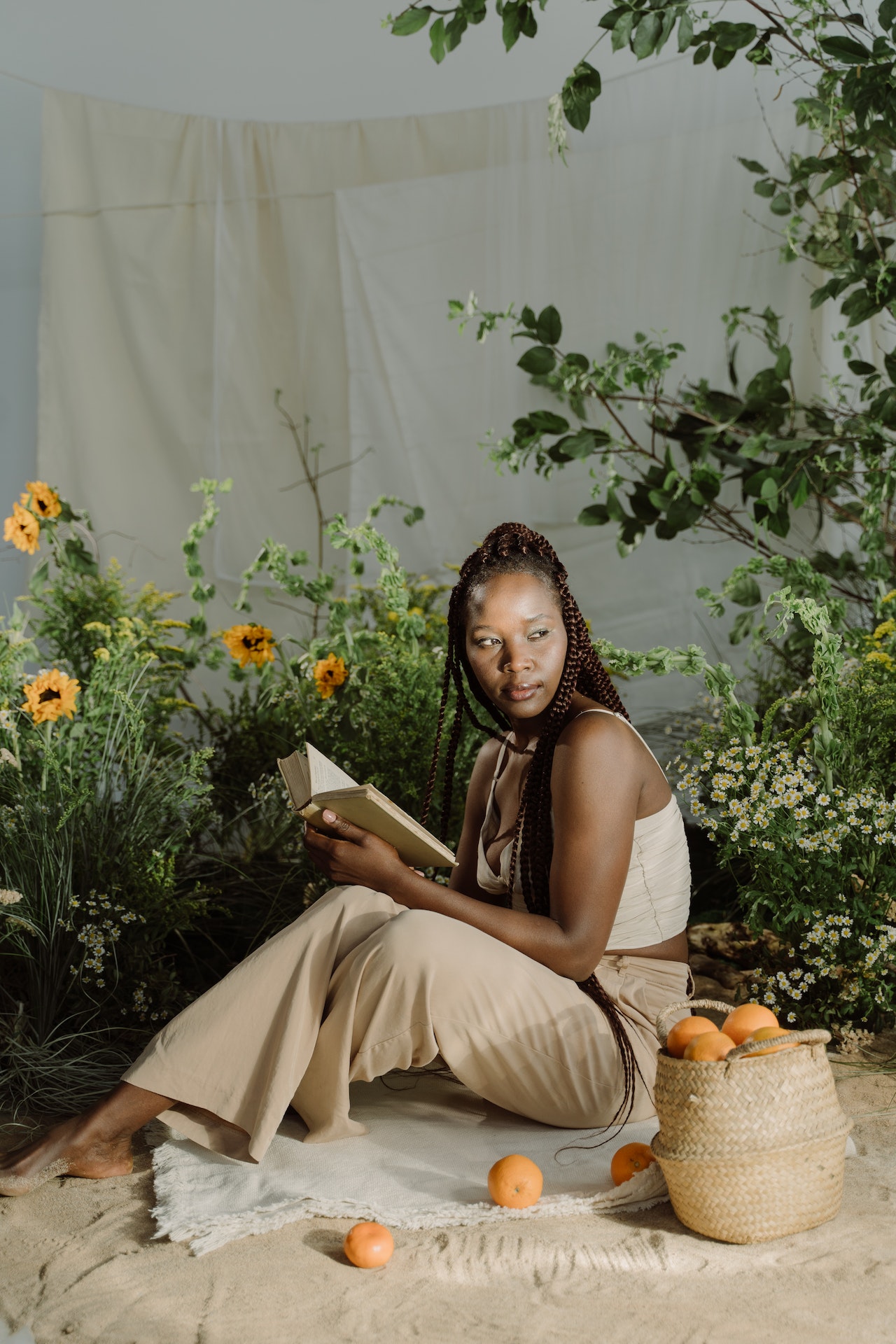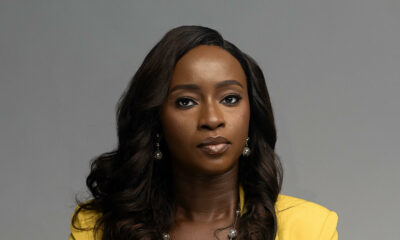Features
This Year, We Must Learn Not to Echo Stereotypes

Once, my friends and I gathered together to have some fun and as we glided from one topic to another, one of them blurted out, “let us be honest, true true, women are women’s enemies.” Then she went ahead to give me scenarios that supported the assertion: a wicked mother-in-law that wouldn’t let her daughter-in-law be; that friend that stole her best friend’s boyfriend; those female friends that never show up for you in times of trouble or backstab you, and many more stories – all of which she watched in movies, heard in gossips or told by a friend. They weren’t her stories.
My friend always gushed over her mother-in-law. She was one of those who used the term mother-in-love. So I allowed her talk and then asked, “if you have xxx problem right now, mention one person you’d call to your rescue,” she did – a woman. “Think of a time you were in deep shit, who was that one person who helped you?” She answered – a woman. “Describe your relationship with your mother-in-law.” She proceeded to do so. According to her, her mother-in-law is the best anyone could ask for. Then I asked her to think of her friends and family members and all the women she had in her life, which of them was her worst enemy. The answer was none. So why was she echoing that stereotype?
There’s one thing about stereotypes: they narrow down your view of people and situations and make you see the world from a myopic lens. Like my friend who, by the end of our conversation, realised that although the women in her life have all been super supportive of her, she’d found herself constantly saying that women are women’s worst enemies. She’d created beautiful memories with women but still viewed women’s relationships as toxic simply because the world says so. “Women are women’s worst enemies,” for her, was a phrase that had simply come to be accepted.
At the beginning of every year, I write to you, BNers, encouraging you to see people more. This year is no different, beyond seeing people, I am encouraging you to acknowledge differences and varied beliefs and let go of stereotypes. Questioning societal norms is how I try to make sense of this world – why do we do the things we do, say the things we say or believe in the things we believe in? Is it because we truly believe in them or because the world so believes that we have no choice but to conform? The words I write are for me as much as they are for you.
Stereotypes are said so often, over and over again until they become the ubiquitous truth. Stereotypes don’t care about untruths or false statistics. Like my neighbour who insisted men should have the liberty to have many wives because of women’s population in the world.
“A lot of women would be unmarried if not for polygamy. Women are more than men in the world and if care is not taken, 7 women would chase one man for marriage”
“But that’s not true; the population part.”
“It is, women are four times more than men.”
I opened a new tab on Safari, checked for the population of women to men, turned my laptop and showed him.
“Ah, really? All this while I thought the population of women was higher.”
Yea, that is what happens when you believe things just because the world says so.
Stereotypes easily find people who do not question, research or verify things. People who love to renunciate knowledge and would, instead, stew in ignorance. It finds people who are already predisposed to segregation and provides the justification they need for their biases. Stereotypes prevent us from seeing the good that lies beyond the words we already hold dear.
This year, I urge you to be different. The world is broader than the lens through which you see it, humans are intricate beyond your perception and stories are too nuanced to be kneaded into cliches. We are all tiny specks in this massive orb of sundry realities. To fix thousands or millions of people into your speck is to be unlettered about the world – it is too big to be named.
As we go through the year, I’ll encourage you to challenge your beliefs. Why are you so adamant about being the head and your wife the tail? Why do you think people of a certain region, race, country, or gender are inferior or superior to yours? Why do you think showing emotions is wrong? Why do you think people outside your religion should be condemned? Why do you think sex work is bad? Why do you think, feel, talk and behave the way you do?
This year, we must learn to be self-aware, sit with ourselves and have profoundly honest conversations. We must be willing to question certain ideologies, try to be open-minded, welcoming of other people’s POV, and not perpetuate stereotypes. Read, think, and broaden your horizon. Be the person who questions and not the one who parrots.
***





















